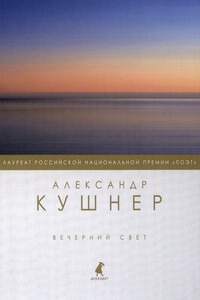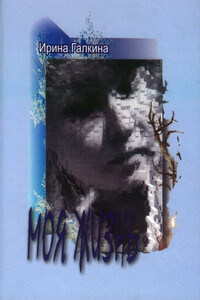A moongate in my wall: собрание стихотворений | страница 9
The collection was noticed in Europe. In 1937, the Shanghai-Paris journal Russkie zapiski (Russian Notes) reviewed several books published in Shanghai. The reviewer, concealed under the initials I.F., commented on Mary Vezey's poetry: "in the first collection, the Russian poems seemed like a translation from English, and the English poems a translation from Russian." This second collection, he continued, shows hard work, but new poems "lack independence. One feels the influence of Blok, of the lyrical poetry of Gumilev, and most of all of Akhmatova. These are real 'women’s' poems. Most of them are sad love lyrics."[24]
At the end of the 1930s, the Si no-Japanese War was raging in China, and the Second World War was about to engulf the world. In 1939, the Vezey family left China for San Francisco, a city favoured by many Russians from China. Mary Vezey's father, who had fallen seriously ill in Shanghai, died soon after their arrival in 1939; her mother in 1950. In September 1940, Mary Vezey married Evgenii Fedorovich Tourkoff (1908–1981), a Harbin Russian, a graduate of the Harbin Polytechnic Institute, an engineer, and soon they had a daughter Olga. In the 1960s, Mary Vezey worked as an assistant secretary to Professor Edwin B. Boldrey, a prominent neurosurgeon and Chairman of Neurological Surgery at the University of California Medical Center.
She continued to write and translate, and her poems appeared in emigre periodicals in the USA and Europe. Eight poems were included in Sodruzhestvo (Concord) (Washington, 1966), a significant collection representing the work of 75 living Emigre poets. In the 1960s, she offered a collection of her translations of the emigre poets Dmitrii Klenovskii and Vladimir Smolenskii to the Wesleyan University Press, Connecticut, explaining in the proposal: "Klenovsky (now living in Germany) is regarded as the most important of the Russian emigre poets. (…) He is quite unknown in English, although represented in an anthology published by Edinburgh University, as well as in an important German anthology. Smolensky, who died in Paris in 1961, was another Emigre who attained lasting fame among readers of Russian poetry. Both men will be read and admired long after Evtushenko and Voznesensky are forgotten."



